The demise of the Rt. Hon Jacob Oulanya took the country by storm. The vibrant legislator and speaker of the eleventh parliament was a man of vigour, charisma and generosity, which explains his favour across the country. His death sent shock waves to those who knew him, and bereavement obfuscated reason, exposing the deeply rooted tribal entitlements and perverted spirit of ethnic divisiveness. It all began with the bold bigotry of the Acholi parliamentary forum’s demand that the next speaker and deputy speaker come from northern Uganda or be Acholi. For the most part, this vilifying demand was premised on the fact that Maj. Gen. Paul Lokech, the former Deputy Inspector General of Police, an Acholi, died in office and the Rt. Hon speaker died in office who also happens to be an Acholi died a few months after taking on the deeply contested speakership position. To some of our honourable parliamentarians, a coincidence was inconceivable–someone had to be witch-hunting Acholis in government, hence the need to ring-fence the speakership position.
While the Acholi Parliamentary Forum was yet to convince the country that Acholis in key government positions are politically endangered, the chief justice started vociferating—angered by a demonstration by the National Unity Platform supporters. They were demonstrating against the misplaced priorities of a government that has neglected the local health system and finds it fit to ferociously spend taxpayers' money chartering planes for some leaders to be treated abroad. This demonstration was sparked by the 1.7 billion-shillings chatter of a Ugandan Airplane plane to transport the deceased speaker to Seattle for treatment. His Lordship charged at the demonstrators whom he perceived to be Baganda. He accused them of hypocrisy and wondered why they did not demonstrate when the Kabaka was flown to Germany for treatment aboard a presidential aircraft. This allegation was quickly dispelled by a photo of the Kabaka departing Entebbe aboard a KLM airline.
"Block Quote"
It is important to understand the forces driving the excitement and the huge number of applications flooding the NSSF. Firstly, the NSSF midterm law came into force at a time when businesses everywhere had long been suffocated by the COVID-19 pestilence, which saw a wide range of businesses closing their doors and companies or scaling down staff. The lockdown saw the vast majority of people sit home without work, resulting in generally low purchasing power in the Ugandan economy. People were unable to purchase essential items for their survival. In the face of such economic difficulty, the escalation of prices of essential commodities has only made the situation worse. The current clamour associated with the midterm cash is an understandable response of people in economic distress. Therefore, the midterm pay is an opportunity for eligible members to ameliorate their financial condition by jump starting their businesses and improving their livelihood. One can say there was no better timing than now.
The two mortifying episodes attest to the deeply rooted and historically suffered politics of ethnicity in Uganda. The fact that the country’s chief justice tribalized a matter of national importance like the rotting state of our health system is beyond the momentary grief of a friend. It is clear as day that an improved health system would benefit Baganda and the entire nation. But because the spark of the protest was money spent on the chief justice’s kinsman, the matter was personal and even more tribal to him. The logic behind the tribal lenses with which our leaders comprehend issues of national importance is partly informed by our checkered history of ethnic intolerance and counter-productive sub-nationalism. In 1964, the Kabaka, who was also the president, went to great effort to influence the Buyaga and Bugangaizi referendum, which would determine whether the two counties were part of Buganda or Bunyoro. The fact that a president tried to sway a referendum to favour his kingdom paints the perfect picture of a leader jettisoning national interests for sub-nationalist loyalties.
But marvel not, this flawed logic was taken a notch higher by Idi Amin, who slaughtered Acholi and Langi villages. These tribes formed the backbone of Obote's government, and the ethnic political playbook demanded that they be eradicated least a coup cut the field marshal's reign short. Notwithstanding the slaughter of many innocents, the dictator’s tyranny was brought to an end by the Kikosi Malum, a force independent of Amin’s ethnic calculations. The lingering legacy of this ethnic exclusion and witch hunt is what we see today. In a calmer Uganda, ethnic intolerance and unwarranted suspicion are exhibited in all events of Uganda's political discourse. From people who think a political candidate is only as good as his ethnic proximity to their tribe to those who feel entitled to certain positions in government. To put it simply, a significant number of political players tend to look out for their tribesmen, and a key political appointment cannot be good unless the person appointed shares the beholder’s route home. The nearer home, the better.
The violent ethnic purges of the past were replaced by subtle tribal perfidies held together by an elaborate web of nepotism cutting across all corners of political power. The benefit of having a speaker who comes from your sub-region is that matters concerning that region will presumably be looked upon with favour regardless of what logic demands. There is also an urgent need to feel represented. A feeling that our particular tribe is partaking of the spoils of our 1986 revolution. The only problem with this way of thinking is that Uganda has about sixty-five tribes and if one tribe or ethnicity chooses to hold a copyright to a certain position, how big will the government be? If leaders choose to countenance the long-rejected politics of ethnicity, they rob the country of the promise given by the 1995 Constitution. Summed up in the preamble of our Constitution are a realisation of our atrocious past and a projection of the desirable future. A future of freedom, democracy and equality with every human being entitled to the enjoyment of human rights and a fair share of the opportunities of the land.
Article 246 of the Constitution recognises cultural leaders but excludes them from participating in any political activity, an effort by the constituent assembly to block out any form of divided loyalties towards the nation and a lesser entity. It is therefore disconcerting when leaders try to play the role of ethnic advocate on issues of national importance given the effort to constituent assembly’s effort to sanitize out politics of the same vice. Following the wisdom of our constituent assembly, an inclusive and accommodative Constitution was promulgated to ensure that the politics of our motherland runs in a nationally representative way. The oath of allegiance toward Uganda sworn by most leaders is an attestation of the requirement of a national devotion that transcends ethnic loyalties. This is not to relegate ethnic pride and tribal sense of belonging to the realm of the irrelevant but the call to strike the right balance. Flowing from our African heritage, it is only natural that we are drawn to love our culture and our way of life. In representing our people and advocating for their ethnic aspirations, we must always recognise that we are different people in one nation.
The diversity of our heritages is a natural phenomenon and should be a source of cautious pride but must never precipitate ethnic arrogance or entitlement. The entity of Uganda can only flourish when we face the challenges ahead of us with the unity with which the pain of such challenges afflicts us. The understanding that there will never be ethnic specific roads or hospitals seen throughout Africa’s colonial journey should unite us when it comes to matters that affect all of us. We ought to be proud of individual tribes and yet even prouder that we are a multi-tribal country. The rhetoric of influential figures should not only be measured but also more uniting even on issues that tend to divide the country across tribal lines. We will be doomed as a country if protagonists in our government play divisive politics. The unforgiving consequences of this brand of politics would have a far-reaching impact on the politics and lives of people.
The good news is that there is still room to right the wrongs and mend fences for the good of everyone concerned. This conduct may be excused as a consequence of grief and desperation. I only hope we can be more fortunate to avoid a steady degeneration to the dark past. We gain more unity and lose more than we could fathom if we continue to tolerate these unpleasant episodes. For God and My Country!
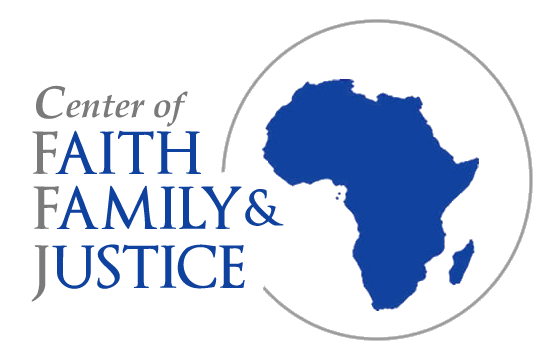
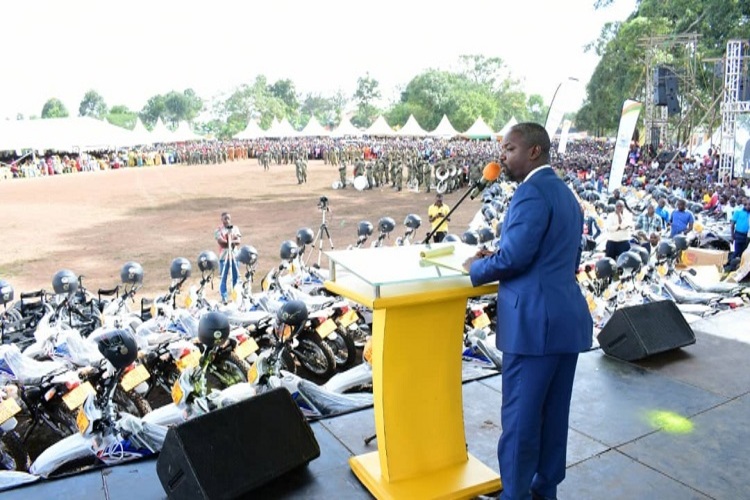
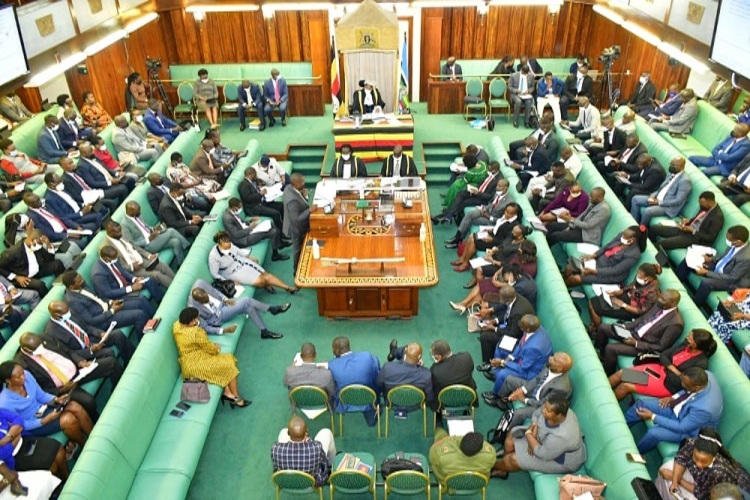
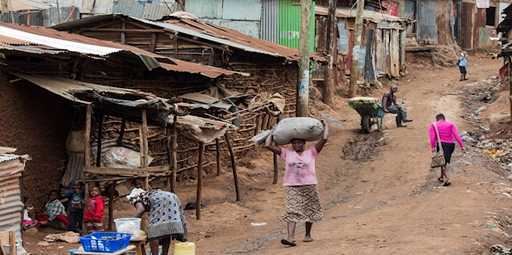
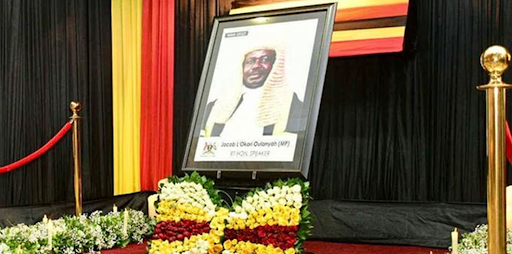

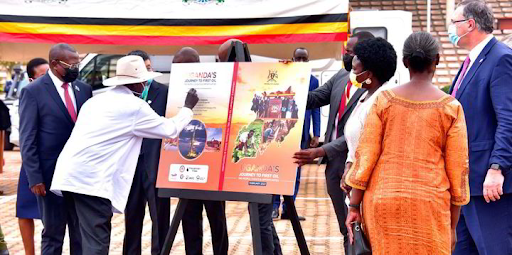
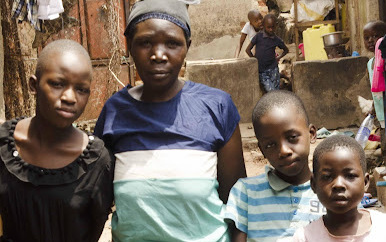

0 Comments